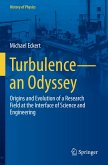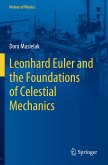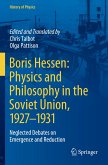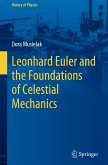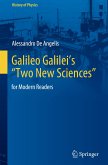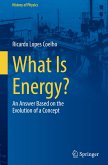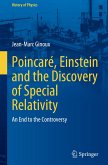Turbulence is a research field where high expectations have met with recurrent frustration. It is a common perception among physicists, mathematicians and engineers that there is a "big mystery" behind the phenomenon of turbulence. Its history has also remained anything but well researched. Unlike topics such as quantum theory, which began to attract physics historians as long as fifty years ago, turbulence has - until now - received only little professional historical investigation.
In this book, which complements his earlier SpringerBrief "The Turbulence Problem", the author sketches the history of turbulence from the vantage point of its roots (Part I), the basic concepts (Part II) and the formation of a scientific community that regarded turbulence as a research field in its own right (Part III). From this perspective turbulence research appears to undertake an odyssey through uncharted territories. The book follows this development up until a conference in Marseille in theyear 1961, which marked the inauguration of turbulence in the words of its organizer as "a new science". The epilogue contains some observations about turbulence research since 1961. This book provides a rich source of information for all those interested in the history of this major field of basic and applied science.
In this book, which complements his earlier SpringerBrief "The Turbulence Problem", the author sketches the history of turbulence from the vantage point of its roots (Part I), the basic concepts (Part II) and the formation of a scientific community that regarded turbulence as a research field in its own right (Part III). From this perspective turbulence research appears to undertake an odyssey through uncharted territories. The book follows this development up until a conference in Marseille in theyear 1961, which marked the inauguration of turbulence in the words of its organizer as "a new science". The epilogue contains some observations about turbulence research since 1961. This book provides a rich source of information for all those interested in the history of this major field of basic and applied science.
"This volume represents an exhaustive study of turbulence in its historical and conceptual underpinnings. Its roots have grown since the early modern era in a cluster of fields, from hydraulics to meteorology. ... The reader is guided throughout the history of turbulence in an effective way. The bibliography is rich, and all materials are discussed in an extensive manner. Certainly, this is an important contribution in the history of science, mathematics and engineering." (Silvia De Bianchi, Mathematical Reviews, January, 2023)


